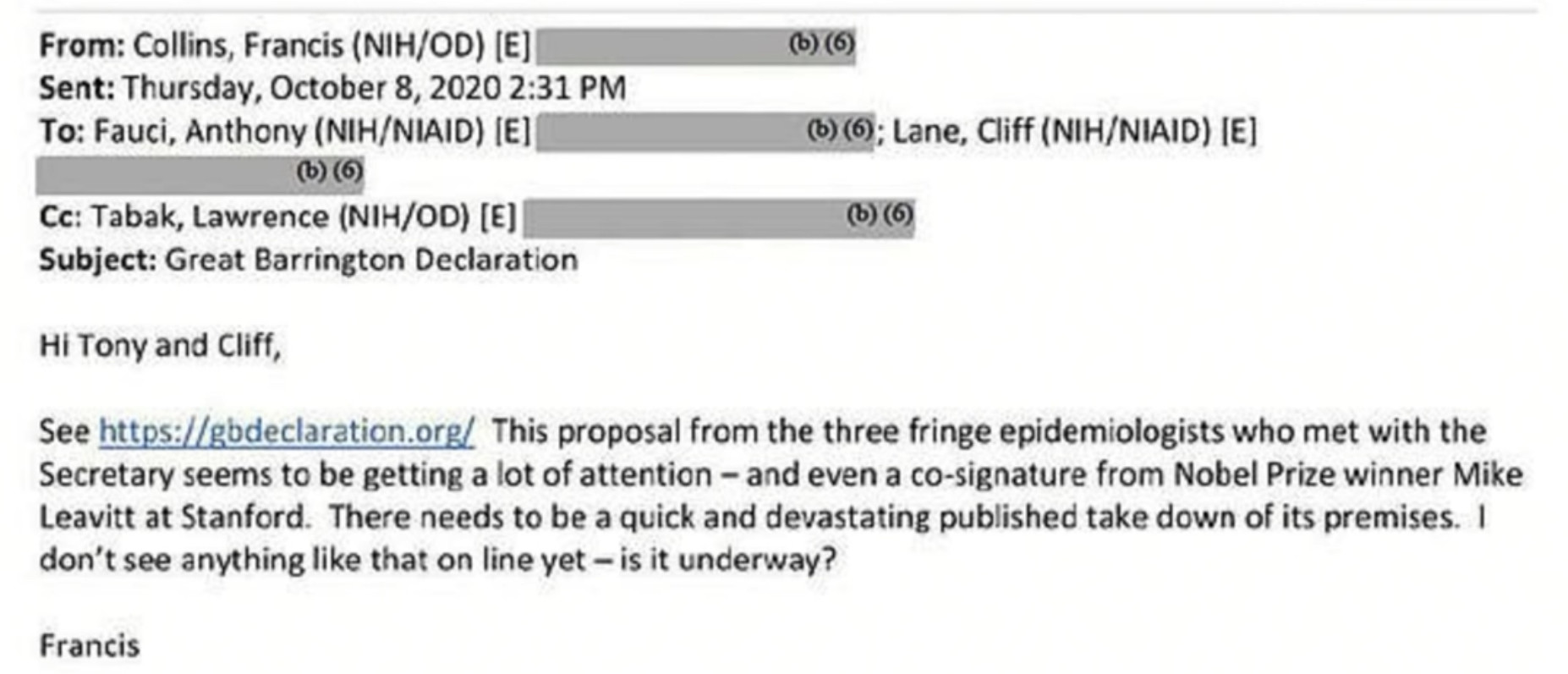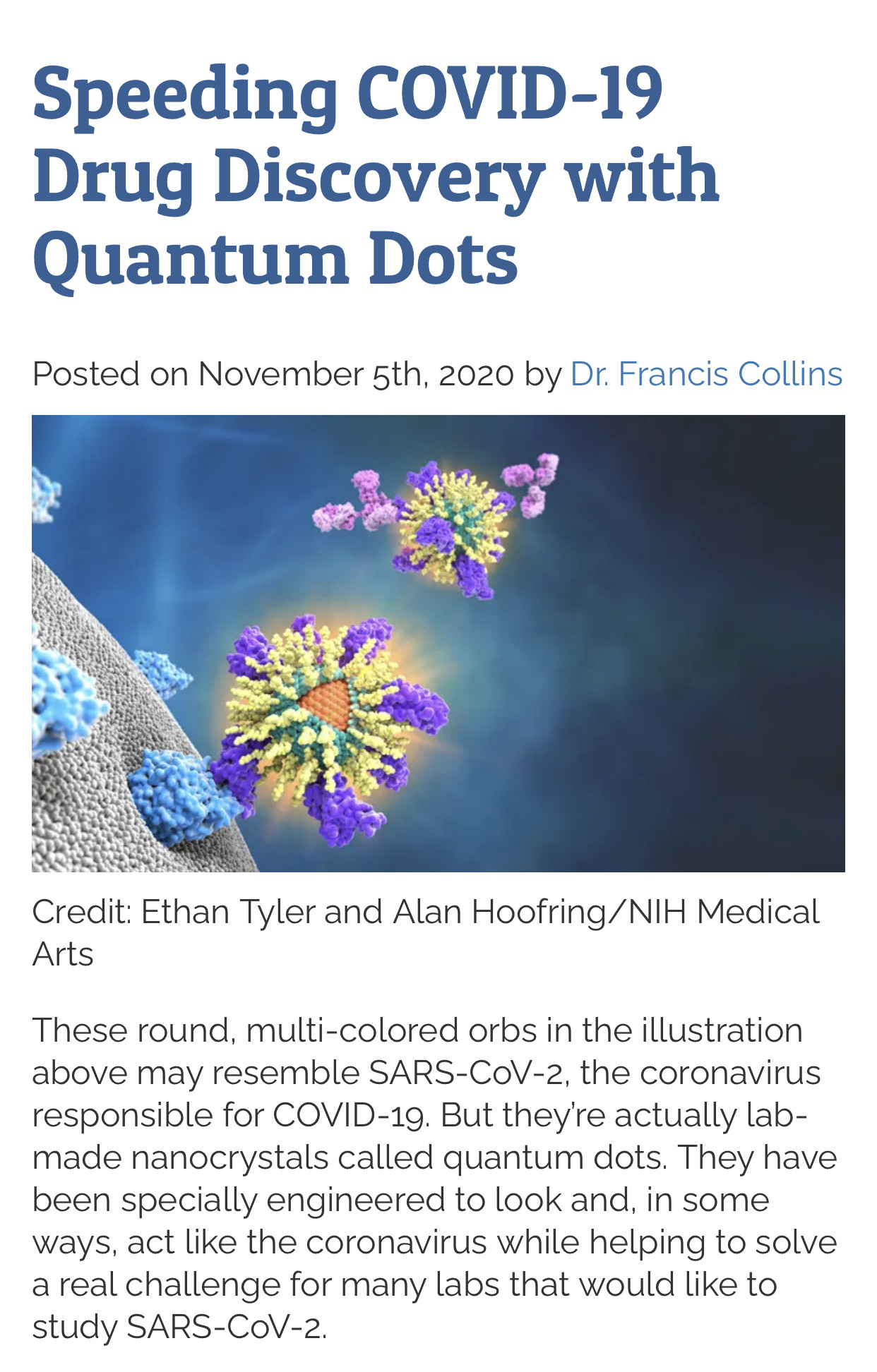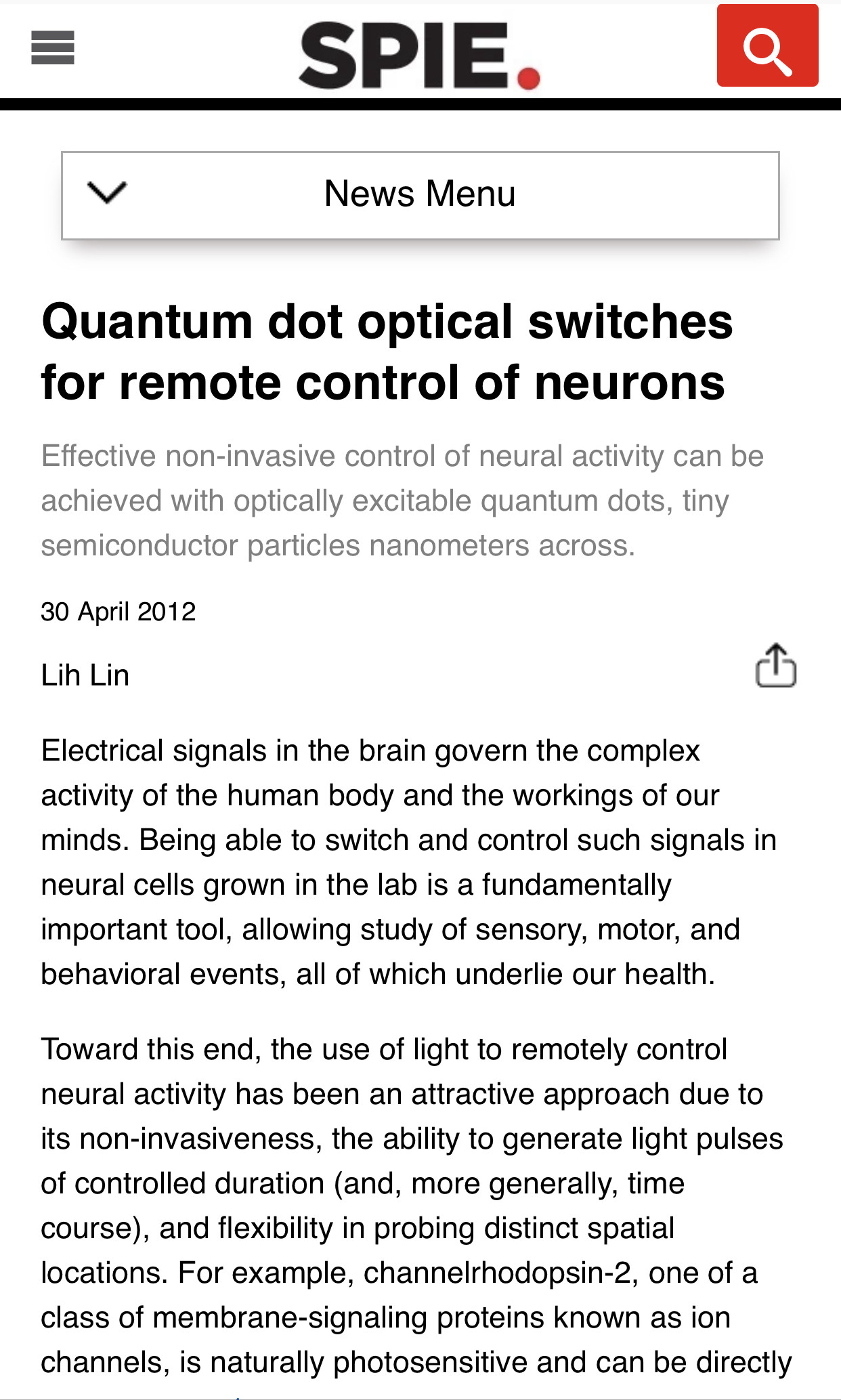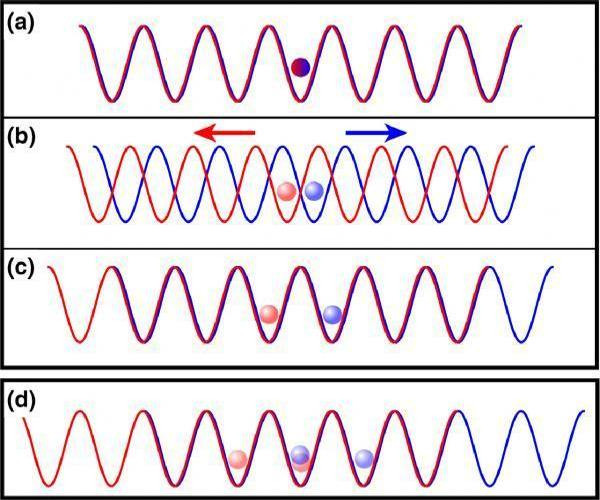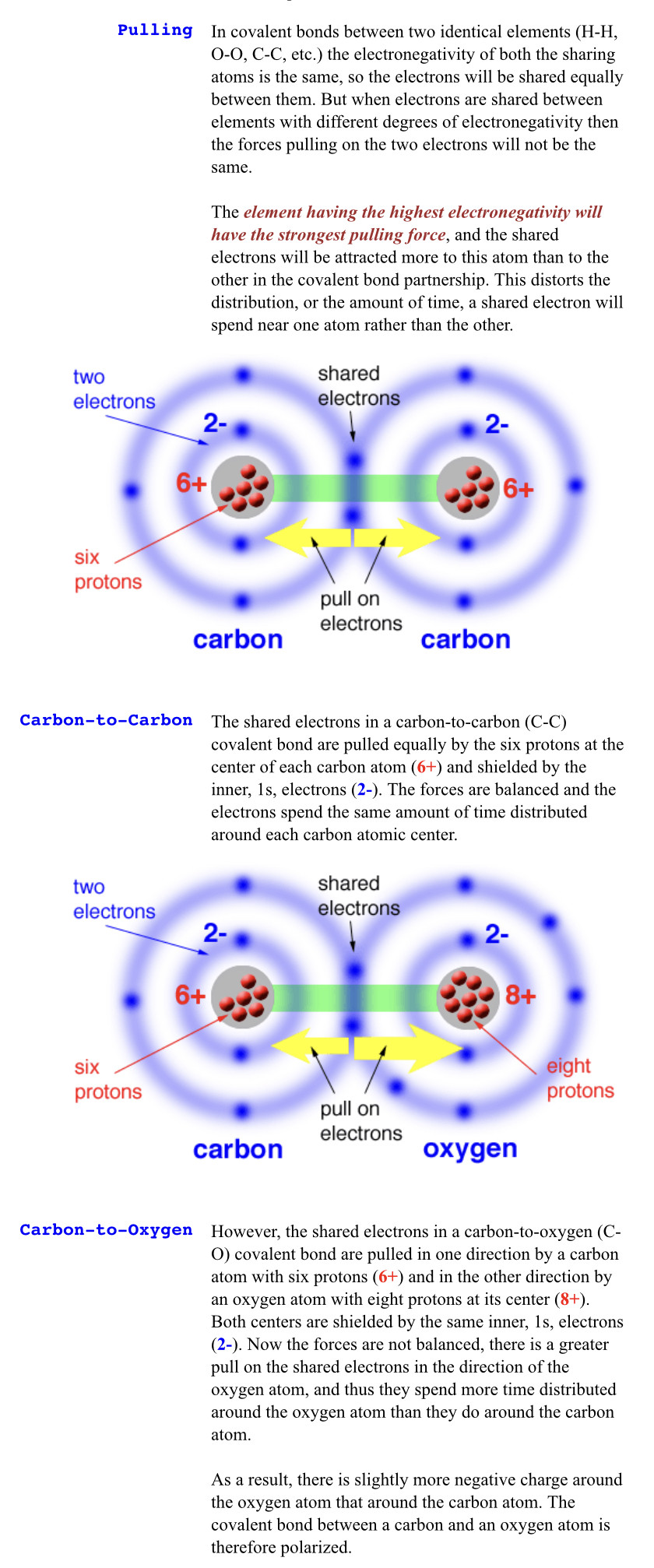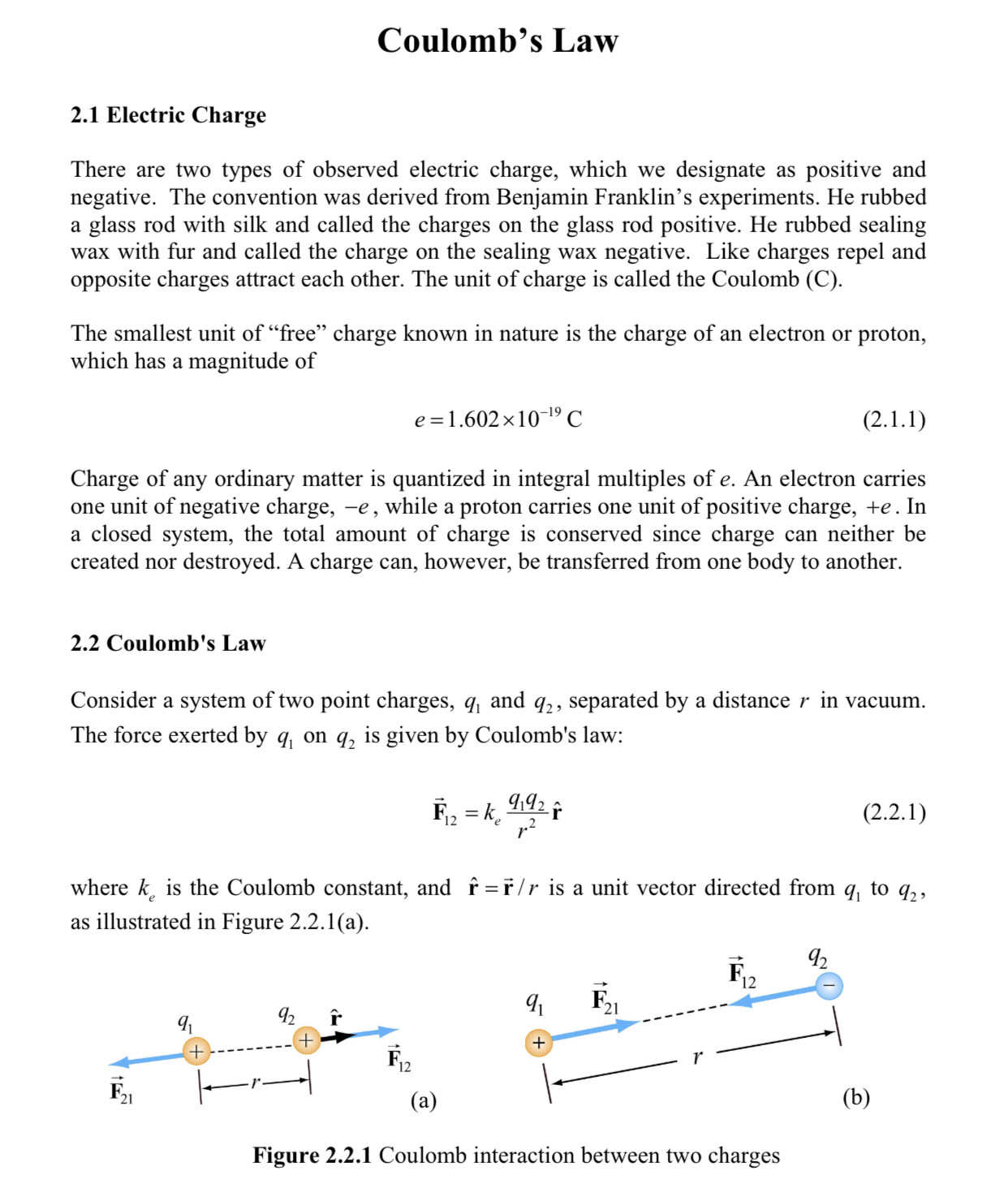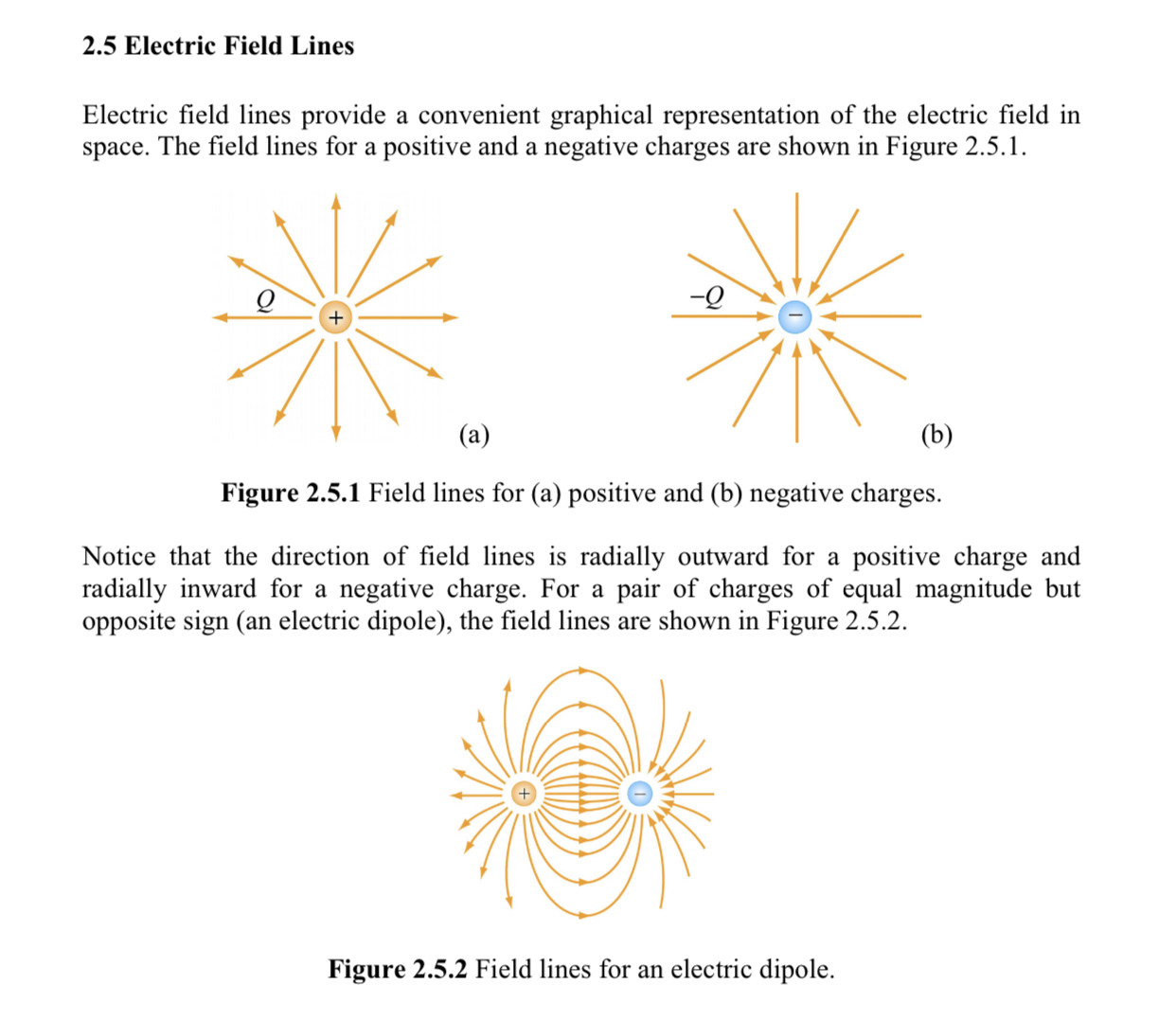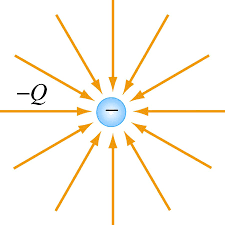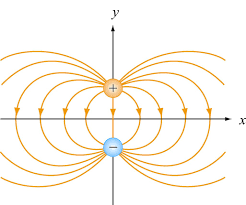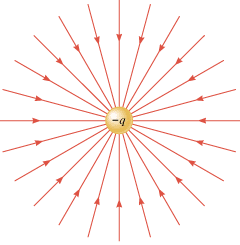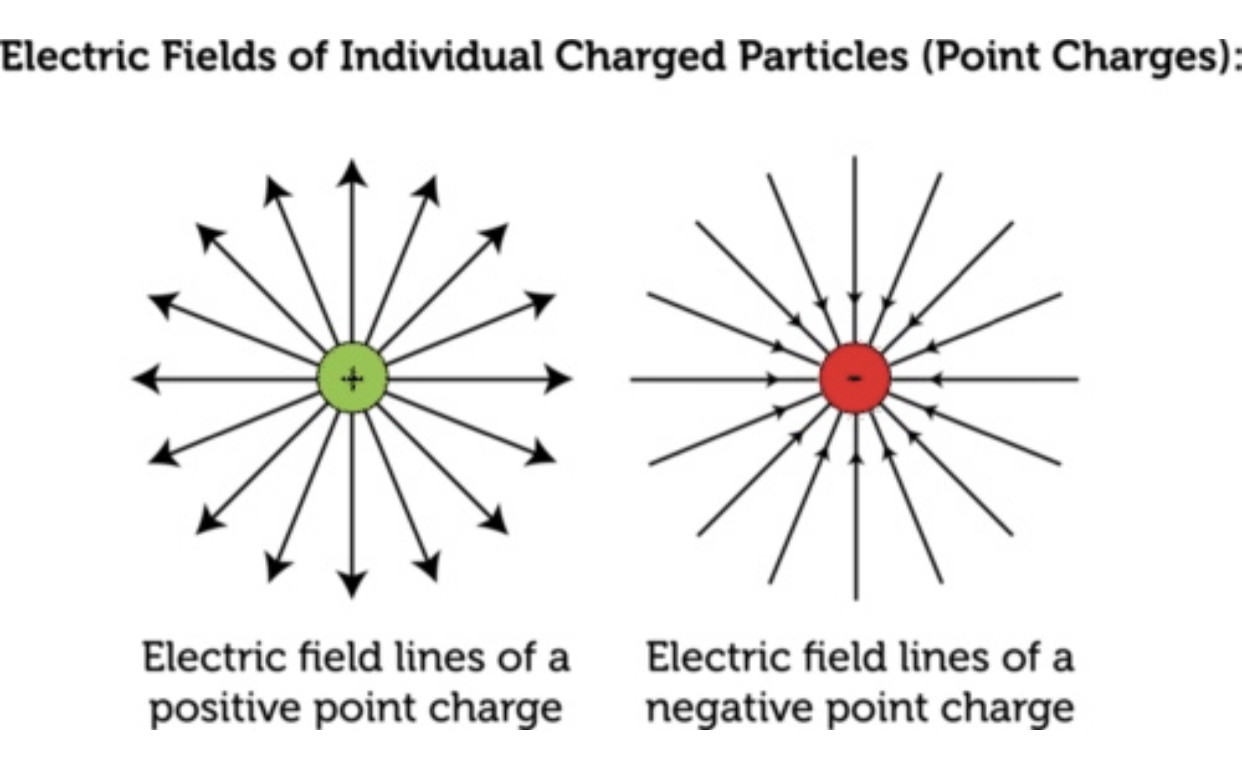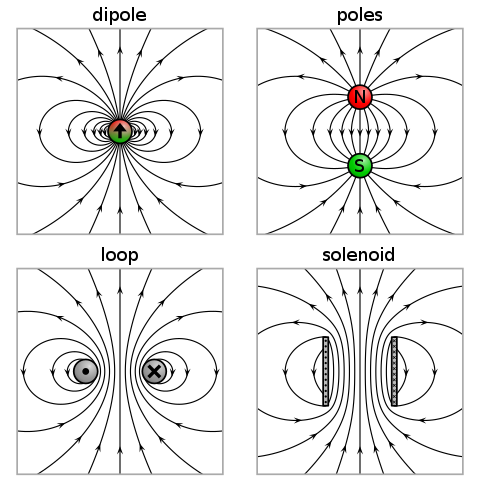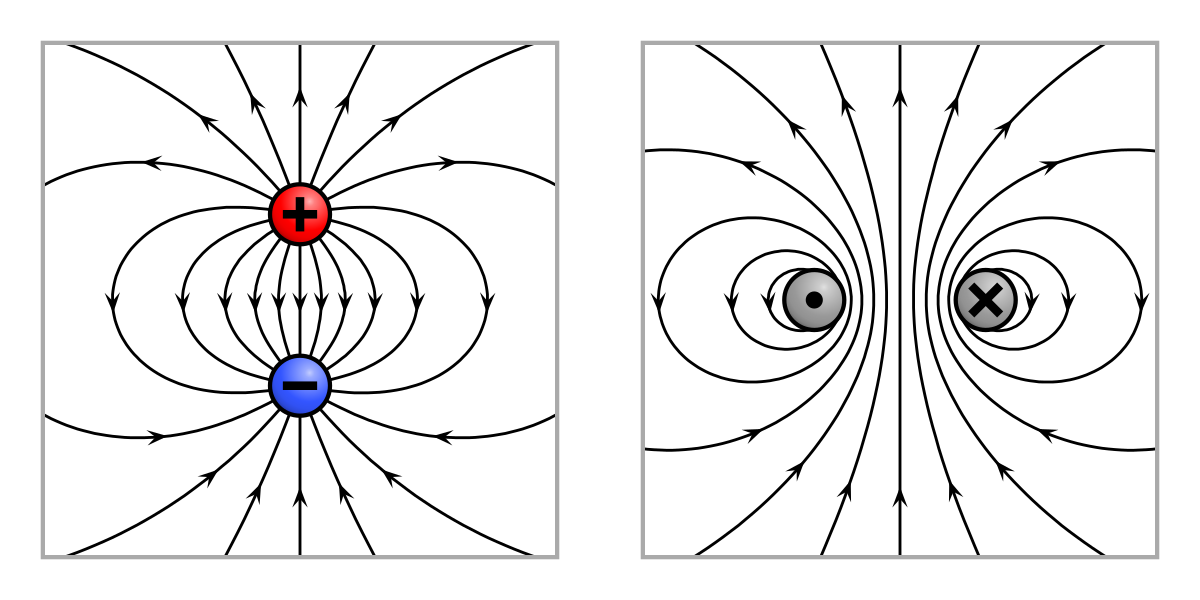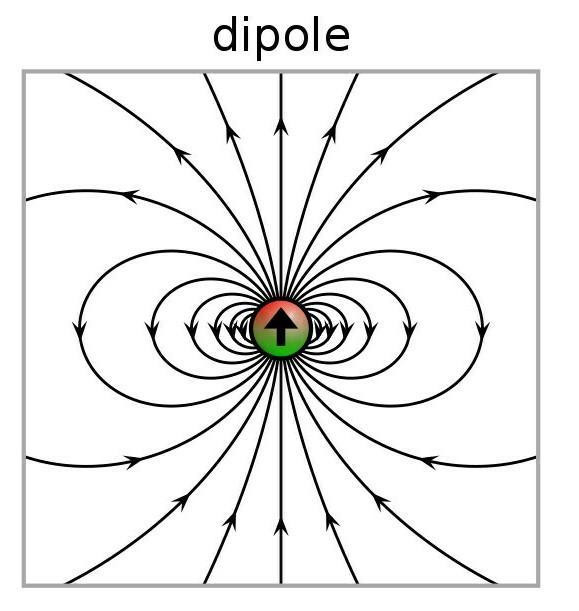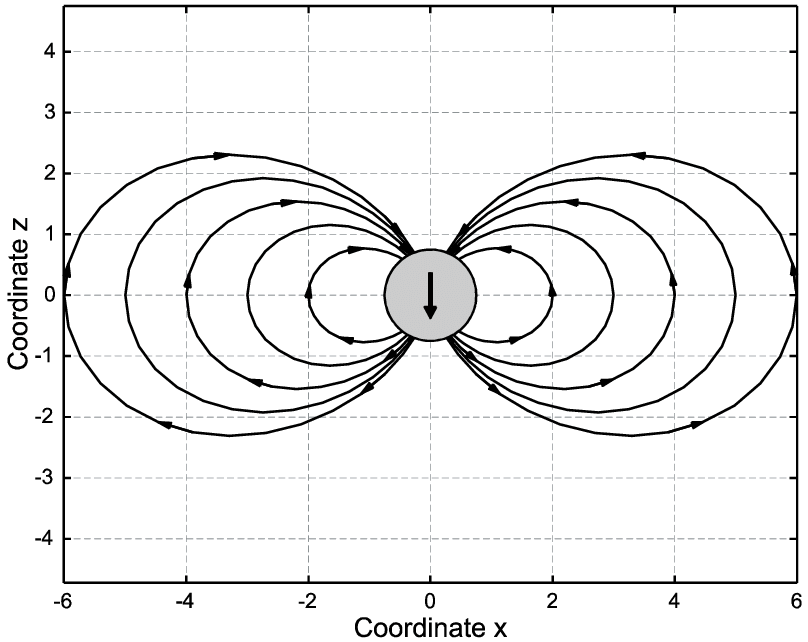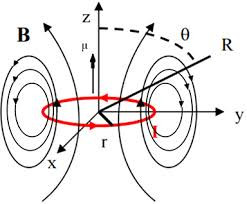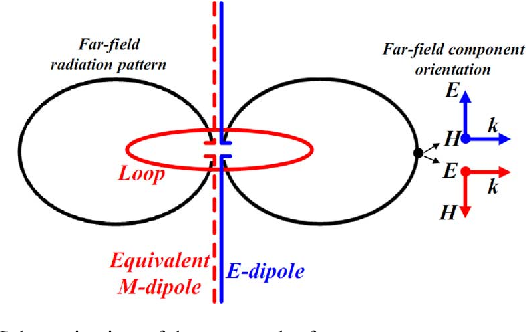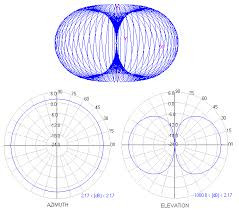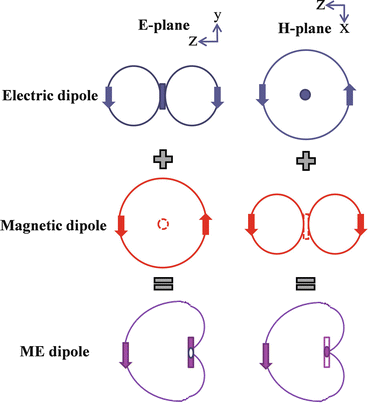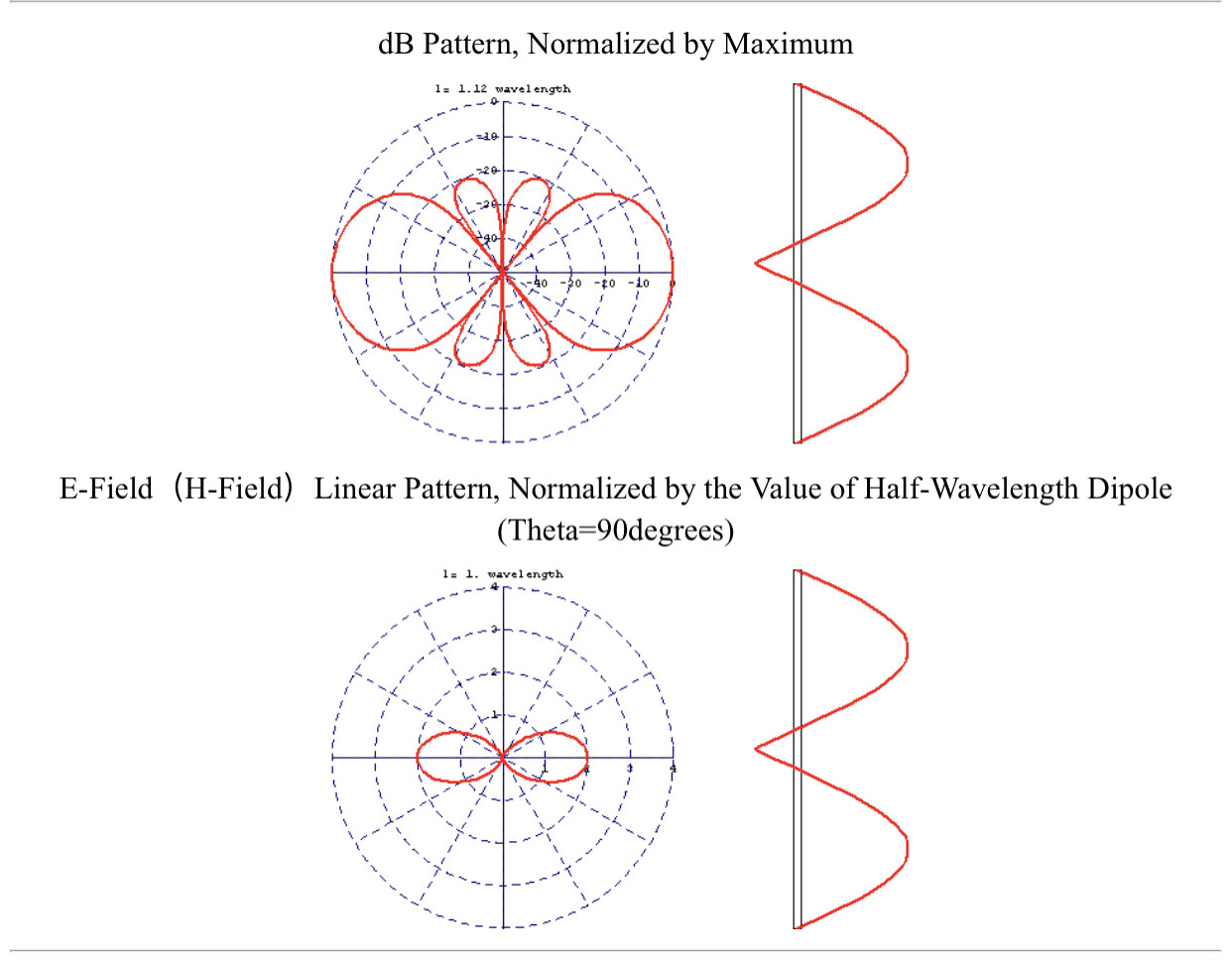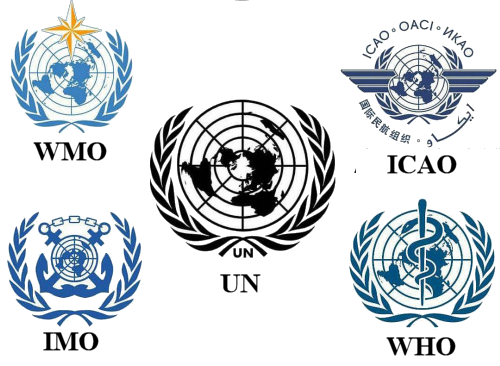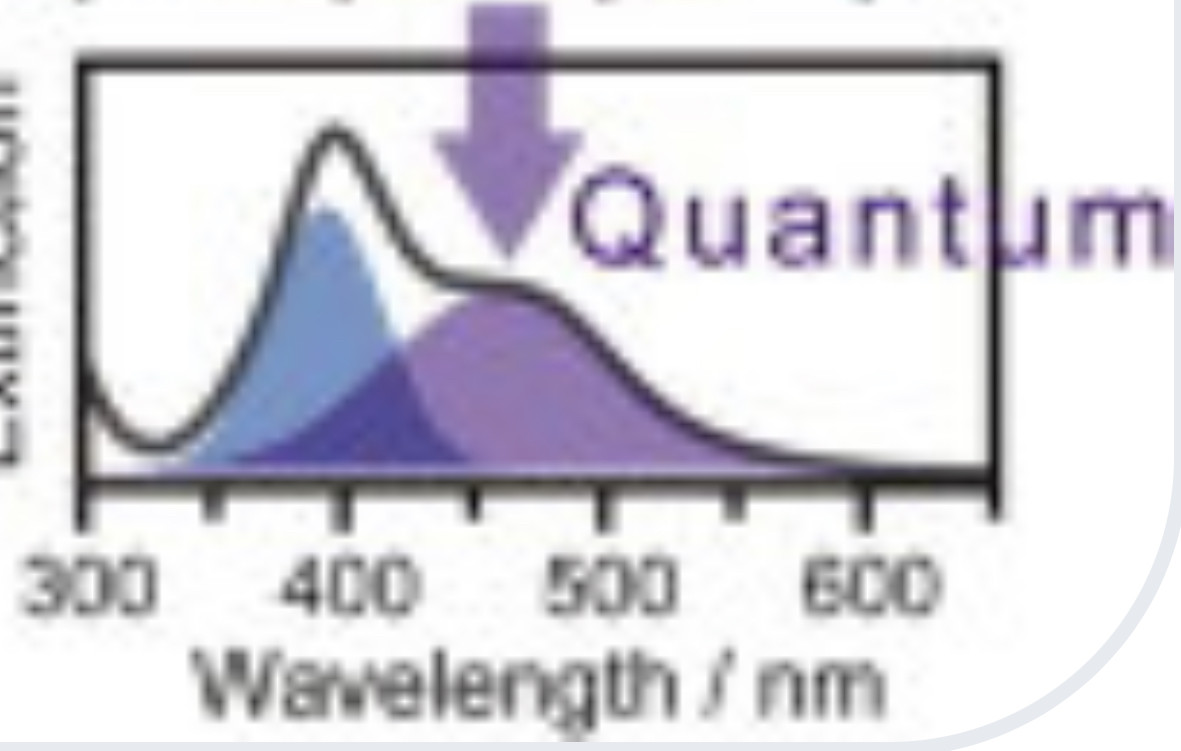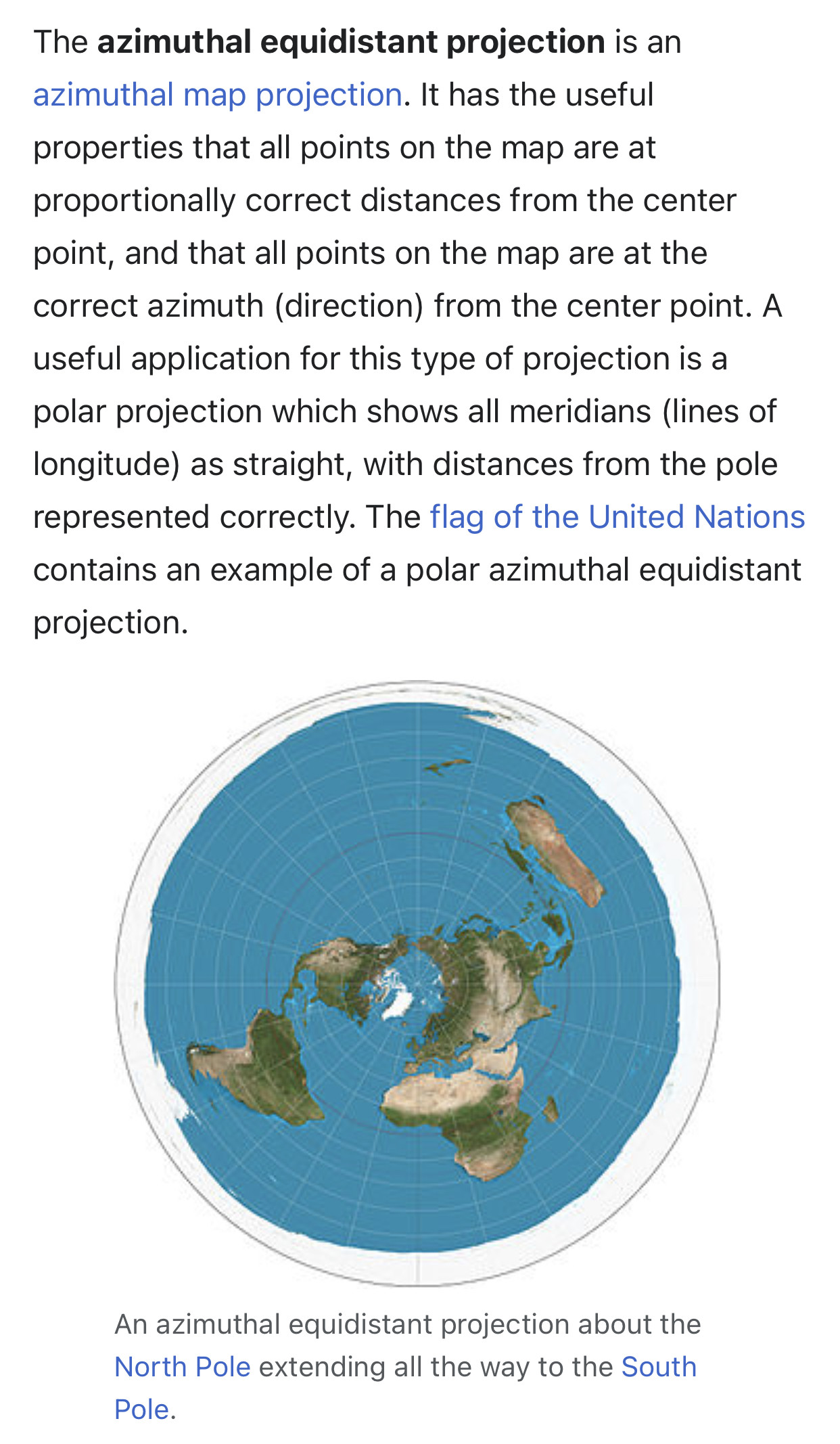NOT A COINCIDENCE?
When two different atoms are bonded covalently, the shared electrons are attracted to the more electronegative atom of the bond, resulting in a shift of electron density toward the more electronegative atom. Such a covalent bond is polar, and will have a dipole (one end is positive and the other end negative).
Blunt to the point of abrasive..I shoot from the hip.. AM directed by the heart .. tempered by the 🧠
While it may have been used by ancient Egyptians for star maps in some holy books,
the earliest text describing the azimuthal
equidistant projection
is an 11th-century work by al-Biruni.
Several witnesses describe seeing lights in the sky that night.
abovedescribed (not comparable)
(formal) Described earlier in the same document.
describable (comparative more describable, superlative most describable)
Capable of being described.
Antonyms
indescribable
Derived terms
describableness
Related terms
describability
capable of being described
capable
/ˈkeɪpəb(ə)l/❤️
adjective: capable
1.
having the ability, fitness, or quality necessary to do or achieve a specified thing.
"I'm quite capable of taking care of myself"
have the ability to
have the potential to
be equal to (the task of)
be up to
be disposed to
be inclined to
be prone to
be liable to
be likely to
be apt to
have what it takes to
open to or admitting of something.
"the strange events are capable of rational explanation"
be open to
be susceptible of
admit of
allow of
able to achieve efficiently whatever one has to do; competent.
"she looked enthusiastic and capable"
competent
able
efficient
effective
proficient
accomplished
adept
apt
practised
experienced
qualified
skilful
skilled
masterly
talented
gifted
clever
intelligent
handy
useful
habile
mid 16th century (in the sense ‘able to take in’, physically or mentally): from French, from late Latin capabilis, from Latin capere ‘take or hold’.
1a : to maintain a condition or position : persist. b : to maintain a grasp on something : hang on. 2 : to await something (such as a telephone connection) desired or requested broadly : wait. hold on to.
hold1
/həʊld/
Origin
Old English haldan, healdan, of Germanic origin; related to Dutch houden and German halten ; the noun is partly from Old Norse hald ‘hold, support, custody’.
a holding
1.
grasp, carry, or support with one's hands.
embrace
/ɪmˈbreɪs,ɛmˈbreɪs/
verb: embrace; 3rd person present: embraces; past tense: embraced; past participle: embraced; gerund or present participle: embracing
1.
hold (someone) closely in one's arms, especially as a sign of affection.
🕊

